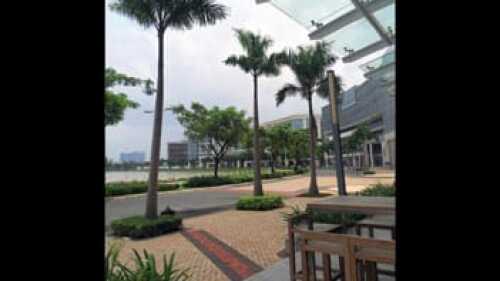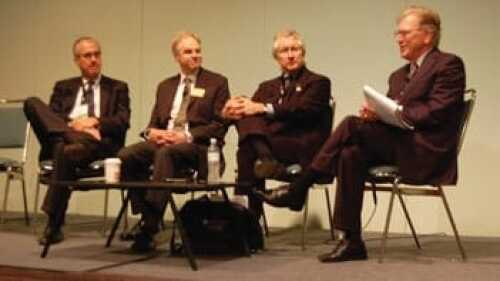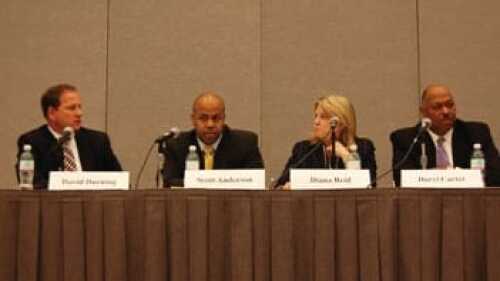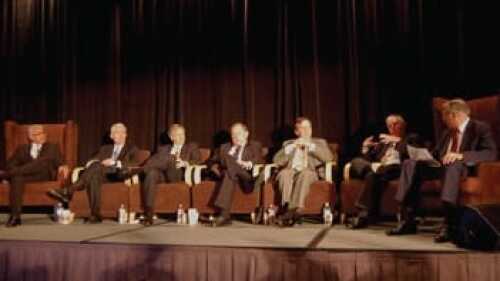Strategic consultant, planner, urban and building designer, architectural theorist, researcher, educator, author and public speaker on leading advances in urban development. Project manager and/or owner representative for industry-leading projects, with an international practice based in Portland, OR. Ph.D. in architecture at Delft University of Technology.







